“That’s a Demon”: Cynthia Erivo’s Portrayal of Jesus in Jesus Christ Superstar Sparks Backlash at the Hollywood Bowl

Cynthia Erivo’s casting as Jesus Christ in Jesus Christ Superstar has shifted from being a polarizing announcement to igniting widespread outrage after footage of her Hollywood Bowl performance went viral over the weekend.
In the clips, Erivo appears in a torn white dress, sporting claw-like acrylic nails, and performs opposite Adam Lambert in what the Bowl’s official site billed as a “return to the rock roots” of the iconic musical. But for many viewers, the performance wasn’t a revival—it felt, in their words, like a “tired, elitist provocation from Hollywood.”
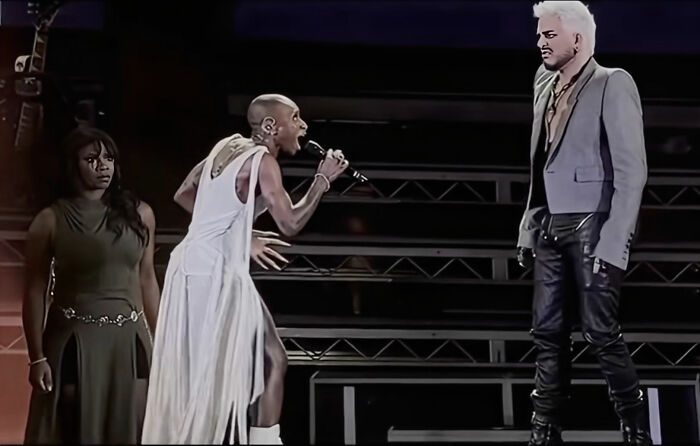
“This is supposed to be Jesus Christ Superstar, not Bride of Frankenstein,” one social media user wrote, as the video racked up over 2 million views. The comments were unrelenting—“eerie,” “frightening,” and “unholy” were just some of the words used to describe her stage presence. The combination of her shaved head, jewelry, gaunt facial features, and the exaggerated nails led one blunt commenter to declare, “That is a f***ing demon.”
The production, directed by Sergio Trujillo with music direction by Stephen Oremus, ran from August 1–3, with ticket prices ranging from $400 to $1,270. It featured fiery backdrops, dramatic lighting, and costuming that blurred the line between Erivo herself and the character of Jesus—something critics claimed undermined the show’s spiritual intent.
Since the casting announcement back in February, many detractors have argued that selecting an A‑list actress to play the Son of God was less about creative exploration and more about delivering what they saw as a thinly veiled political message. “Who does this appeal to? Who really wants to go and see this?” one viewer asked, while another compared the situation to the backlash Sydney Sweeney faced for a jeans commercial, saying, “Post a jeans commercial and all hell breaks loose. Blatantly mock an entire religion and it’s completely fine.”
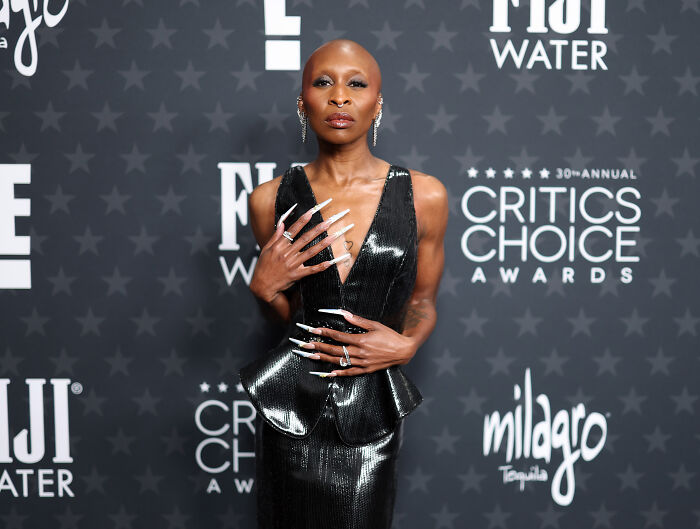
Some critics framed the move as a politically motivated stunt. “In reverse, it would be cultural and gender appropriation. Hollywood should be ashamed,” one social media user posted. Others zeroed in on her appearance, claiming it reflected a broader entertainment and fashion industry trend toward androgyny and a deliberate rejection of traditional femininity.
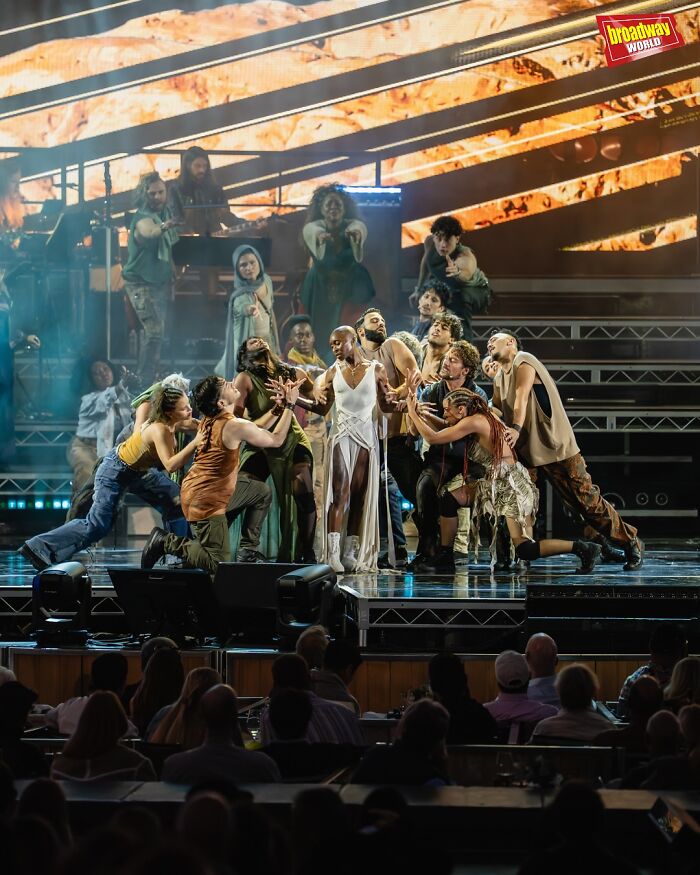
Erivo’s public image has also been shaped by past controversies. While her talent in productions like Disney’s Wicked was widely acknowledged, offstage incidents—such as reports of her dismissing fellow auditioners or reacting angrily to fan edits—fueled a perception of her as elitist and self‑victimizing. “Doesn’t she realize how absurd this perpetual-victim schtick sounds coming from people at the top of their craft making heaps of money?” one commenter wrote at the time.
Cynthia Erivo as Jesus in JCS. words don’t quite do justice to how brilliant this truly is pic.twitter.com/F0LcHYW9k5
— sasha 🫧 (@CANDYN3CKLCE) August 2, 2025
For those familiar with her history, Erivo’s decision to take on Jesus—a figure seen as the ultimate symbol of humility—felt to some like a deliberate attempt to provoke outrage. “My all-time favorite musical, ruined. Disgusting choice,” one viewer lamented. “These people can’t help but inject their politics into everything they touch.”
This is not Erivo’s first experience with Jesus Christ Superstar. In 2020, she played Mary Magdalene in an all‑female version of the musical, with singer Morgan James portraying Jesus. That project was framed as a collaborative celebration of female talent, with James calling it “an honor” to work alongside such a powerhouse cast.
The role of Jesus has been reinterpreted before. In 2018, John Legend famously played the part in NBC’s live-action television version. Erivo herself has connected her role as Jesus to her portrayal of Elphaba in Wicked, explaining that both characters represent “the struggles of being a Black woman when nobody wants you there.” She described Elphaba’s green skin as making her the “ultimate other,” symbolizing queerness not only in terms of sexual orientation but also in feeling out of place within societal norms.
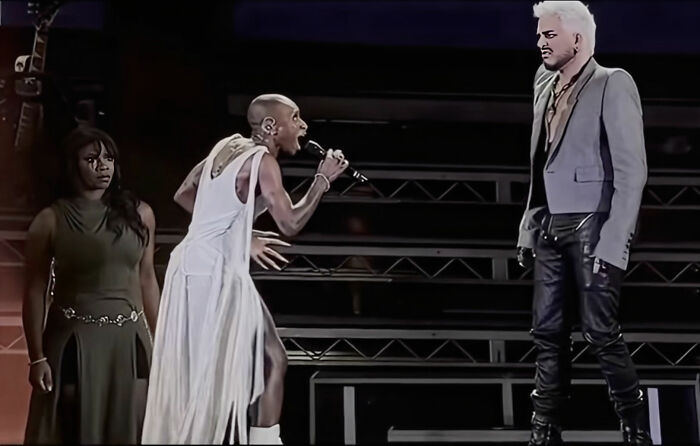
“It’s a conversation about racism, but it’s also a conversation about anyone who’s been othered,” she said in an interview. “It’s a conversation about queerness.” For supporters, this perspective reframes the casting as a meaningful exploration of inclusivity and identity. For opponents, it confirms suspicions that the choice was rooted more in politics than in storytelling.
Adam Lambert, who co‑starred as Judas, brought his own flair to the production, but his presence didn’t soften the criticism aimed at the casting. Many still viewed the Hollywood Bowl run as emblematic of what they see as an industry disconnected from the audiences it claims to represent.
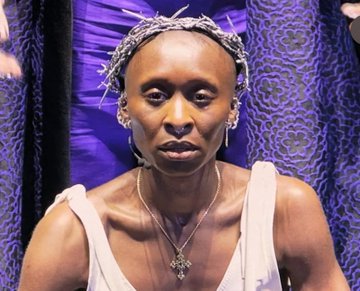
As the debate continues, one thing is clear: Erivo’s performance has become one of the most talked‑about theater events of the year—not just for its artistic merits or flaws, but for what it reveals about the cultural divide over representation, religion, and creative freedom. Whether seen as a bold reimagining or an unnecessary provocation, this Jesus Christ Superstar revival has achieved one of art’s most enduring purposes: sparking conversation.





